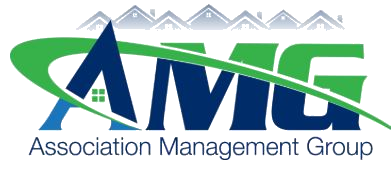Residents are the heart of any community. The community would not function without the engagement and buy-in of its residents. That is why you should foster a good community through resident engagement.
Many communities saw a drastic drop in resident engagement with the rise of the Covid-19 pandemic. However, with infections leveling off in many locations, and the widespread availability of the vaccine, communities are beginning to open back up. That means you need to work to build up your resident engagement again.
Tips for Keeping Residents Engaged
Looking for ways to keep your residents engaged in your community? If so, try the following tips.
1) Schedule regular activities.
Activities are a great way to keep your residents engaged. In-person activities allow your residents to meet each other. This social interaction creates important ties between the resident and the community. When residents feel a part of a community, they are more likely to engage with it. Barbeques, parties, and programs for children are all ways to increase resident engagement.
Also, you can plan activities around making your community nicer. These volunteer activities foster community engagement because the participants are directly working to make their community a better place. Tree planting, trash clean up, and other similar activities are very popular.
2) Use social media.
When it comes to community engagement, social media is your friend. Use a couple different sites so that a wider group of residents frequents your pages.
Remember that different demographics use different social media, so try to have a social media location for everyone. This may mean developing a community page on Facebook, Instagram, and TikTok.
3) Talk to your residents.
You will have a better idea of how to keep your residents engaged if you talk with your residents. Surveys, townhalls, and even informal conversations can help you determine what your residents want.
Obviously, you will not be able to make everyone happy. But, if you are noticing certain complaints or requests coming up all the time, you should attempt to address them. When residents feel heard, they will be more likely to continue engaging with the community.
4) Don’t forget online tools.
We have already mentioned social media. However, there are many other online tools that you can use to foster good community engagement. Zoom, YouTube, and more provide a great place to discuss your community and engage your residents.
For example, plan some community events to take place online. Many people are still worried about Covid-19 and may be more comfortable interacting with other residents online. Online organizational tools and web portals can also help you bring your community to a single online location.
If you are looking for more community engagement tips, contact Association Management Group (AMG). We are North and South Carolina’s source for excellent property management. We provide administrative, fiscal, and facility services to our partner communities. We do the hard work, so your Board can focus on making the important decisions and engaging residents.





































